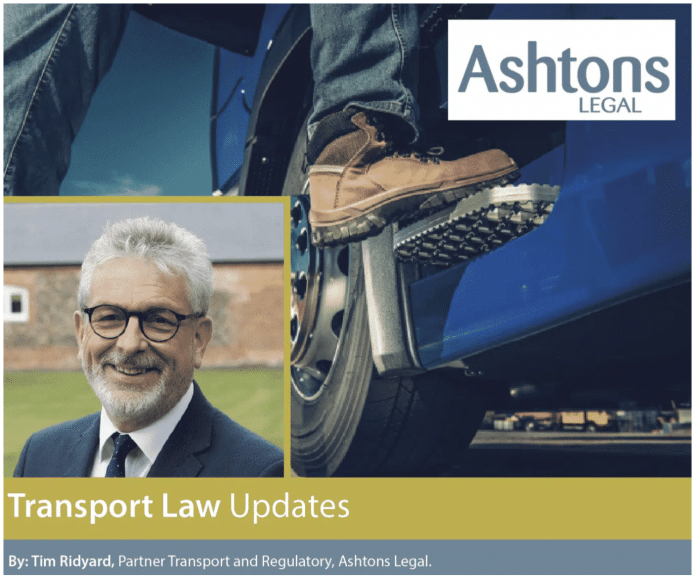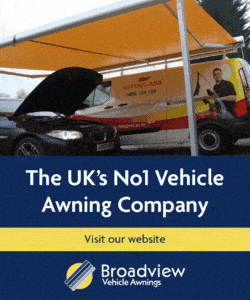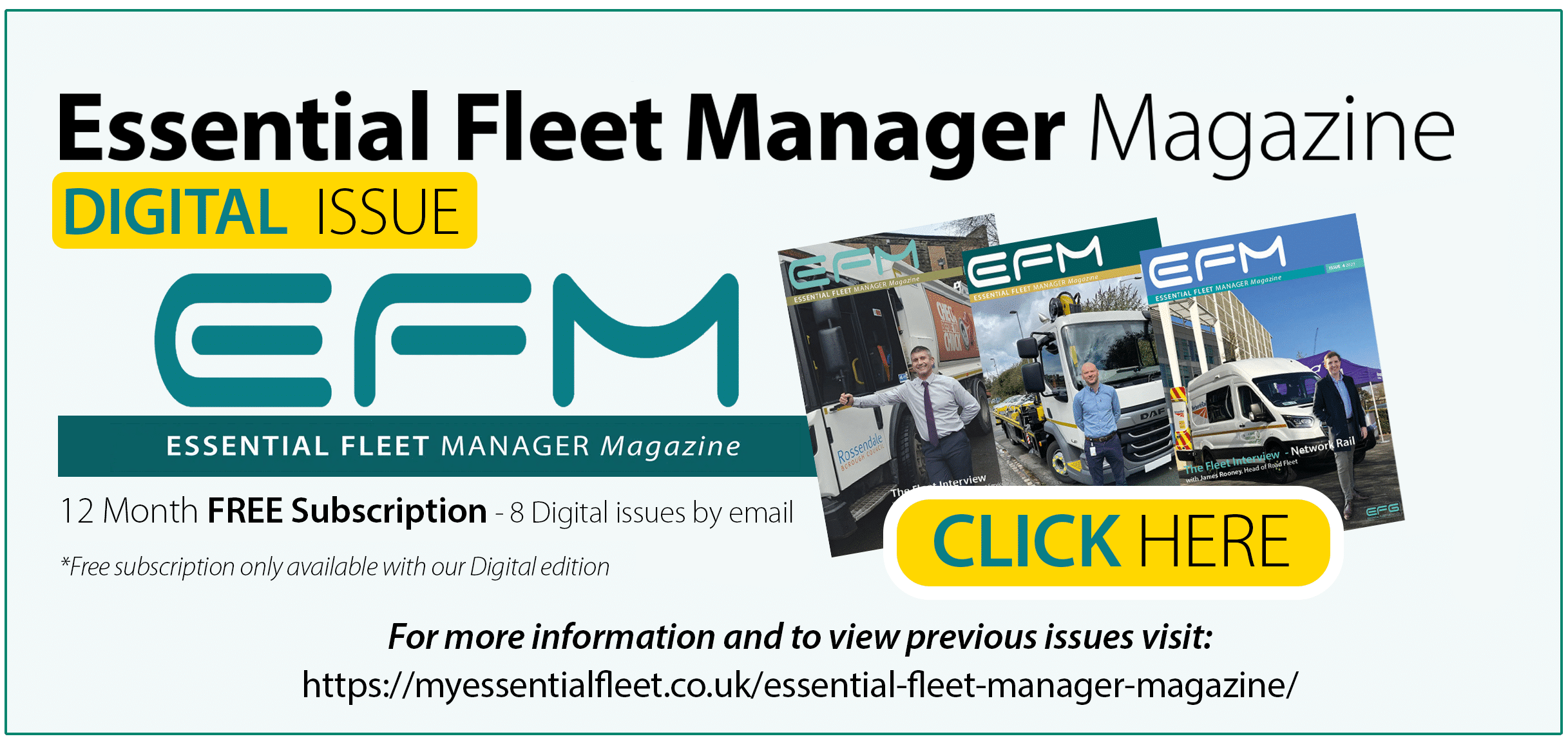Fleet operators and managers will be well aware that that there are two types of operator’s licence: Standard (National or International) or Restricted. Further, a Standard Licence will be required where third party goods are being carried.
So, this may feed into the (mis)understanding that: Standard Licence = carrying the goods of others; and, Restricted Licence = carrying your own goods. However, this is not the case and some operators carrying their own goods may very well require a Standard Licence. In turn, that means two significant issues: Standard operators need a formally CPC-qualified transport manager and the need for ready access to larger financial standing resources. Standard operators need £8,000 for the first vehicle and £4,500 for additional ones, whilst a Restricted operator needs £3,400 and £1.700 respectively.
This issue of the limits of a Restricted licence has been visited quite recently in the Traffic Commissioner public inquiry case of Pillory Down Skips Ltd, a licence in the Western traffic area. The nature of the business was skip hire.
In this case, the operator argued a Restricted licence was appropriate for the business; it accepted it was a company that did indeed transport goods as part of the business and there was payment for this. However, they did not hold or need insurance that covered carriage of goods for reward and, further, it argued there was Senior Traffic Commissioner Statutory Guidance to the effect that “where the operator only carries goods that are, or become and then remain, the operator’s own property, a restricted licence is likely to be appropriate”.
Skip companies are, of course, carriers of waste and the Traffic Commissioner presiding over this case was aware that Section 34 of the Environmental Protection Act 1990 meant that ownership of waste has to transfer to the carrier (operator) at the point it is collected. The operator’s argument was that ownership was relevant in the case given what the Senior Traffic Commissioner said in the Statutory Guidance.
So, the case advanced was that the business owned the waste and needed a Restricted licence. However, the Traffic Commissioner disagreed and produced a written decision, determining that the operations required a Standard licence.
The Traffic Commissioner noted that Regulation (EC) 1071/2009 (that remains the basis of operator licensing in the UK) sets out who requires an operator’s licence and that only ones performing transport operations with a very small impact on the transport market should not need to be included. (In the UK, those who require a licence have to have a Standard licence and those who are exempt from having a Standard, one still need a licence i.e. a Restricted one, unless totally exempt under separate operator’s licence regulations).
Further, he reminded the operator that the Regulation applies to businesses that intend to engage in the occupation of road transport operator i.e. road haulage operator and “the occupation of road haulage operator” meant transporting goods for hire or reward using the vehicles.
Appying this to the case, he further pointed out that customers paid for skips to be transported to a customer’s home, where they stayed on site to be filled, to then be taken away filled with the waste. In this set-up, payment was made for the transport to and from the customer. Or, as he put it “this skip operation is every bit a haulage operation”. In other words, a customer was paying for a transport operation carried out by the operator
Further examples were given to assist in suggesting when a Restricted licence would suffice in the areas of groundworks and scaffolding:
“If a grounds-worker uses a truck to transport a digger to site, then uses that digger himself to lay some drains or whatever, then uses the truck to bring the digger home again, that is the grounds-worker using the truck to carry his own goods (the digger) on his own account so that he can carry out his trade of conducting ground-work.“
“Where the customer is paying for the scaffolding to be erected on site, ownership of the scaffold remains that of the scaffolder and transport is merely incidental to the day job of erecting scaffold”.
The Traffic Commissioner confirmed that “where a predominant part of the service is the transportation of goods, that is likely to fall within the definition given to hire or reward….” In other words, you may need a Standard licence even though you own the goods, if transport is the main activity.
There is a separate Regulation (1072/2009) that in effect confirms what activities should not require a Standard licence and the limits of what in the UK is the ambit of the Restricted licence. There are various exemptions but relevant here is this specific one that applies where the following conditions are met:
- the goods carried are the property of the undertaking or have been sold, bought, let out on hire or hired, produced, extracted, processed or repaired by the undertaking;
- the purpose of the journey is to carry the goods to or from the undertaking or to move them, either inside or outside the undertaking for its own requirements;
motor vehicles used for such carriage are driven by personnel employed by, or (engaged by) the undertaking; - the vehicles carrying the goods are owned by the undertaking, have been bought by it on deferred terms or have been hired…. etc; and
- such carriage is no more than ancillary to the overall activities of the undertaking;
NB all the conditions must be met. The final condition is of significance i.e., that the transport is no more than an ancillary activity In the case of a skip operator, the Traffic Commissioner’s point was transport was the business, in essence.
The message to be taken from this case is the reminder that the difference between the need for a Standard and Restricted licence is not simply a question of whether you are carrying others’ goods or own goods. Your business may very well require a Standard licence even though it has ownership of the goods, unless all these conditions are fulfilled and the business is not in effect that of transporting goods for hire or reward.
Ashtons Legal advice and representation
If you require any advice with regard to Goods and Passenger Operator Licencing, including advice concerning DVSA Investigations, correspondence with the Office of The Traffic Commissioner or Traffic Commissioner Preliminary Hearing/Public Inquiry work, then please get in touch.
Contact: Tim Ridyard, Partner Transport and Regulatory T: 01284 732111 E: Tim.Ridyard@ashtonslegal.co.uk




